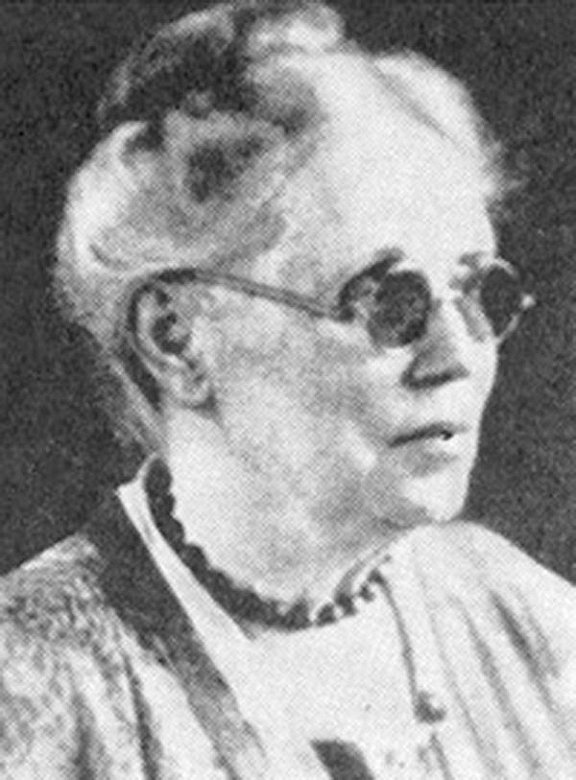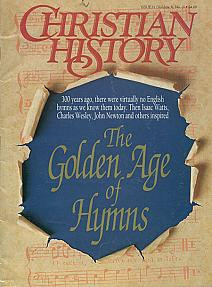Lelia Naylor Was Born to Write and Sing Hymns

Almost as soon as she became a Christian, she started writing hymns.
WHEN Lelia Naylor was born in a small Ohio town on this day, 15 April 1862, her father was away from home, serving in the Union army. The Civil War had torn the United States in two. Mr. Naylor survived the war but died while Lelia was still a young girl. She learned at an early age to work hard and practiced piano at a neighbor’s home. Even then she sang often during the day. Soon the songs she sang were songs of faith.
“When I was ten years old I was led to give my heart to God,” she said. “I knew then that I needed a Savior. Three different years I went forward to the altar and prayed and prayed, until a man came and laid his hand on my head and said ‘Why, little girl, God is here and ready to forgive your sins’.”
By the age of twelve she was playing organ for Wednesday prayer meetings at the Methodist Protestant Church. Times were often hard after the death of her father, and so she became a helper in her mother’s hat shop by sewing and tailoring. She was nineteen when she married Charles Morris, the son of a wealthy family, and became a member—and the organist—of the Methodist Episcopal Church that he attended. They would have four children, two girls and two boys. Their home became a hub for the children of McConnelsville, who used its well-stocked library while preparing their homework.
In 1892, when Lelia was thirty, her Christian life took a deeper turn. At a camp meeting, she heard of a second work of grace, available to any Christian, that cleanses the heart and fills the child of God with the Holy Spirit so that he or she has new power:
I read in books about the Holy Spirit and how that we might have the Holy Spirit come into our lives. I had read this over and over again, but thought it was for bishops and preachers and those doing great work for God. I did not suppose it was for me. Only did I find out in the preaching that it was for the young, such as I. I was so glad when I found that I might have the Holy Spirit in my life. So I opened my heart and let the Holy Spirit come in.
Almost immediately afterward, she composed the first of many hymns. Her choir director and others encouraged her to have a few published. Henry Gilmour, who wrote and published hymns himself, was impressed and saw to it that hers got printed. She would write over a thousand, including both words and music—all published under the name C.H. Morris. Some remain well-known, among them “Sweeter as the Years Go by” and “Let Jesus Come into Your Heart.”
Her holiness songs were favorites in camp meetings. When the topic was the Second Coming of Christ, the song evangelist might turn to “What if it Were Today?”
Jesus is coming to earth again; what if it were today?
Coming in power and love to reign; what if it were today?
Coming to claim His chosen Bride, all the redeemed and purified,
Over this whole earth scattered wide; what if it were today?
In her old age she became blind but continued to write songs. Often she had to hold both words and tunes in her memory until her daughter Fanny visited and could write them down. She complained so little about her blindness that friends forgot she could not see.
Because of her hymn-writing, she was often invited to sit on church platforms. This did not go to her head. At one church service in which her life and songs were honored, she said,
I have prayed that I might honor Jesus, that I might lift Him up to the world. I have tried to honor the Holy Spirit....If we honor Him, our lives will radiate joy and gladness. This I have tried to do.
—Dan Graves
------ ------- ---------
For more about hymns, read Christian History 31 The Golden Age of Hymns






